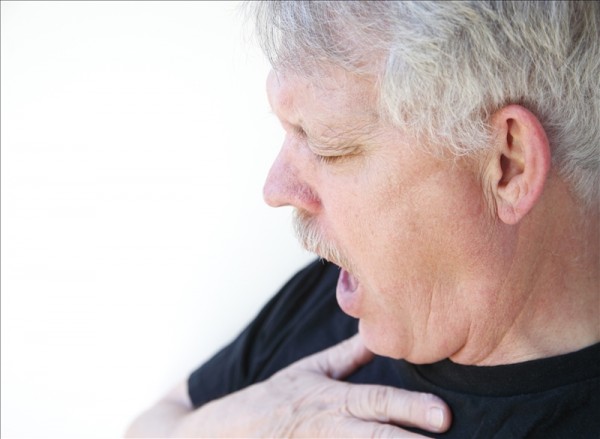Guest post courtesy of Memorial Hospital, located in North Conway, New Hampshire and a member of MaineHealth.
We may not have had much of a winter yet, but for people with pulmonary problems such as asthma or COPD, it can be a difficult — even deadly – time of year. More than just the drop in temperature, the cold weather means a lack of humidity in the air, both indoors and out, as well as the proliferation of influenza, viral, and bacterial infections.
Charles Felton, MD, an internal medicine physician and pulmonary specialist at Memorial Hospital’s Pulmonary Care Clinic, says people with breathing disorders and lung disease are especially at high risk for complications during the cold weather months.
“Someone with pulmonary problems is more prone to viral infections, like the flu or respiratory syncytial virus (RSV), and they are twice as likely to get pneumonia in the winter,” he says. “If a person has breathing problems, the flu can be life-threatening because coping with a chronic illness takes away their reserve to fight against other infections.”
Asthmatics are particularly sensitive to the cold, dry air which irritates the throat and nose. “In winter, our houses are all closed up. The heat is running; fireplaces or wood stoves are going. All of this contributes to an excessively dry environment in our homes which should have a humidity level of at least 40%,” says Dr. Felton.
Prevention tips
Respiratory therapist Joyce Smith adds that proper management of pulmonary illness is critical at this time of year. “There are many things that people with breathing problems can do to prevent complications,” says Joyce. “They need to keep hydrated because we all need more fluids in winter. Get a good night’s sleep and exercise if you’re able. Keep up with your medications and, most importantly, listen to your body.”
Both encourage their patients to be vigilant in washing their hands and consider avoiding large crowds, as well as getting an annual flu shot. “The flu vaccine isn’t perfect,” Dr. Felton says, “but it does reduce a person’s risk of getting it and the severity of it.”
He says the pneumococcal pneumonia vaccine can also reduce the risk of severe lung infection.
Young children and older adults with breathing problems or lung disease are the most susceptible to winter problems. Signs and symptoms that it’s time to see the doctor include a bad cough, fever, green sputum, chills or vomiting.
Dr. Felton also points out the dangers of carbon monoxide poisoning at this time of year. “Everyone should have carbon monoxide monitors and smoke alarms in their homes – and check to be certain that they’re working before winter starts,” he says.
If you have breathing problems, it’s important to see your primary care provider, who may decide to refer you to a pulmonary medicine doctor for a specialized diagnostic evaluation and treatment plan. Pulmonary medicine deals with different aspects of breathing disorders and lung diseases including chronic obstructive lung disease (COPD), asthma, chronic bronchitis, shortness of breath, emphysema, and more.


Leave A Comment